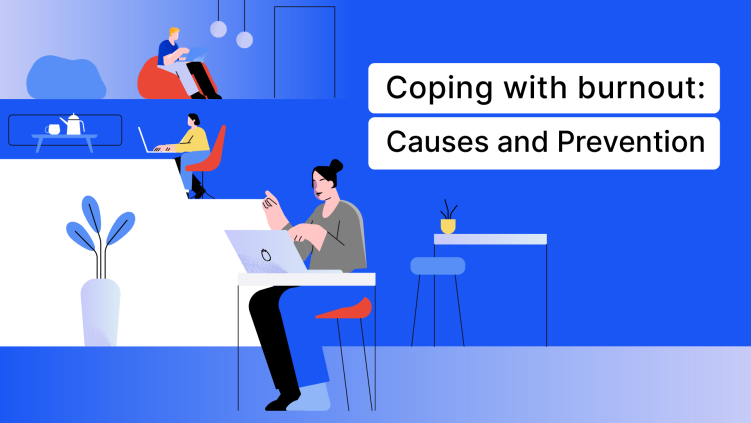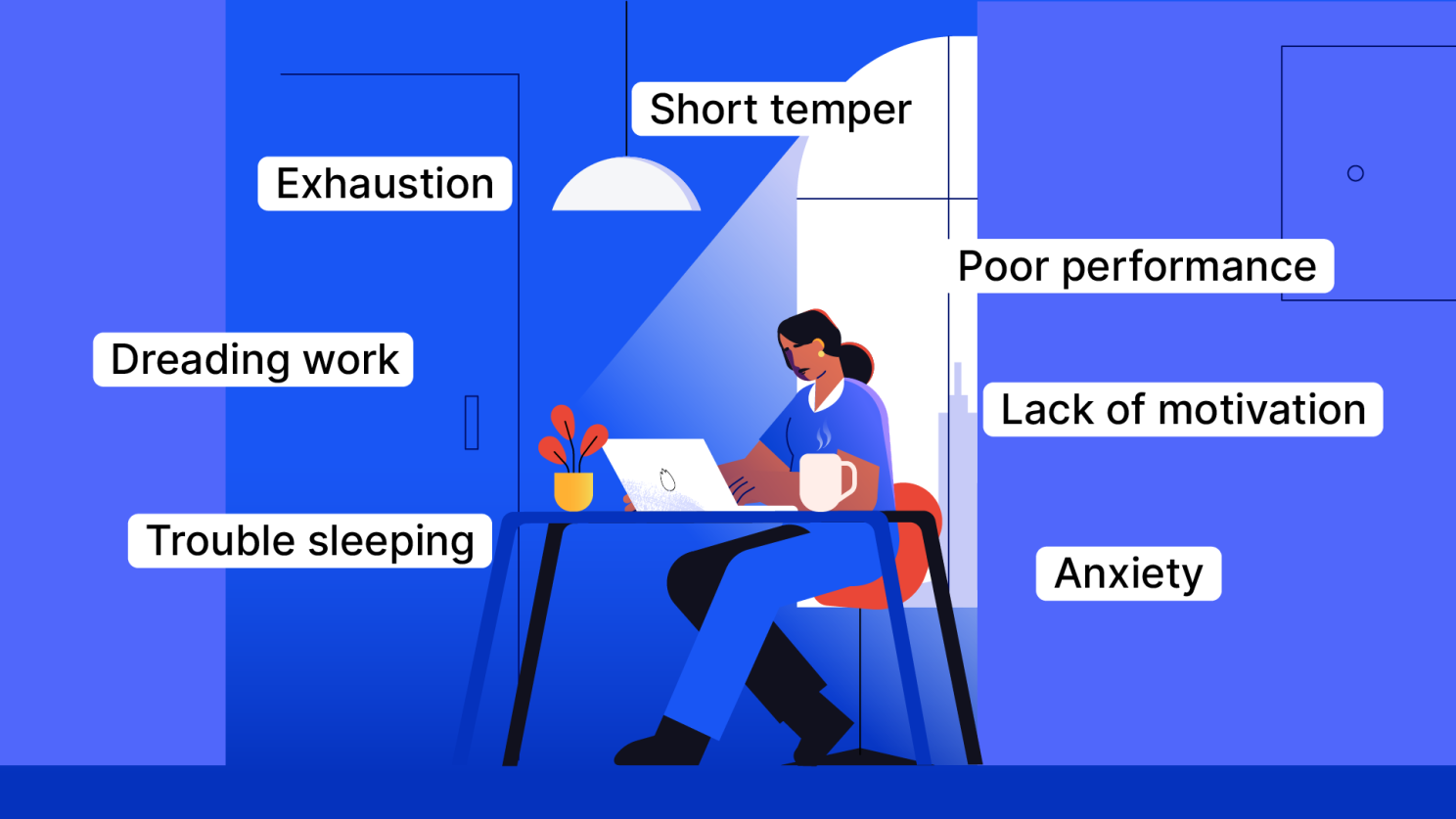Coping with burnout: Understanding the Causes and Prevention Strategies

In today's fast-paced world, burnout has become too common. Many people feel exhausted, physically and emotionally drained from chronic work-related stress. By understanding the root causes and implementing self-care practices, you can protect yourself from burnout and promote a healthier, more balanced lifestyle.

Symptoms to know you suffer from burnout.
Causes of exhaustion
a. Workload and high expectations:
Excessive workload, unrealistic deadlines and constant pressure to meet high expectations increase burnout. Long work hours, overwhelming responsibilities leaves people feeling empty and exhausted. What many startups do is to get the cash flow from financing activities, and then they spend this money on the operating and investing activities. They start to throw capital at the basics, with the view that to grow quickly, they need to get the talent and the people there to be able to deliver on the ambitions laid out in the business plan. But while you do need to “burn to grow,” you still need to keep a few things in mind.
b. Lack of leadership and autonomy:
Feeling micromanaged or having little control over decision-making and work flow can lead to burnout. When people feel their independence is being suppressed, it reduces motivation and increases stress levels.
c. Work-life imbalance:
Disregarding personal life and ignoring the boundaries between work and leisure can induce burnout. Without enough time to rest, relax and pursue personal interests, people become vulnerable to chronic stress.
d. Lack of support and recognition:
Lack of support from supervisors or co-workers and lack of recognition of efforts can contribute to burnout. Feeling undervalued and unappreciated weakens morale and motivation.

Methods to prevent burnout.
Prevention Strategies
a. Make self-care a priority:
Engage in activities that promote physical and mental well-being. Find time for movement, relaxation, hobbies and quality time with loved ones. Prioritizing self-care restores energy levels and promotes resilience.
b. Set boundaries:
Set clear boundaries between work and personal life. Create your work and relaxation times and make sure you free yourself from work-related activities in your personal time.
c. Seek support and collaboration:
Foster healthy relationships with colleagues and supervisors. Seek support when needed, talk about concerns and find solutions together.
d. Practice stress management techniques:
Incorporate techniques such as deep breathing exercises or meditation into your daily routine. These practices help reduce stress, increase resilience and promote overall well-being.
e. Review workload and prioritize:
Monitor your workload regularly and prioritize tasks based on importance and urgency. Delegate whenever possible and learn to say no to avoid overcommitment.
"You will burn and you will burn out; you will be healed and come back again." - Fyodor Dostoevsky
Always remember that taking care of your well-being is not a luxury, but a necessity for a healthier and more fulfilling life!




